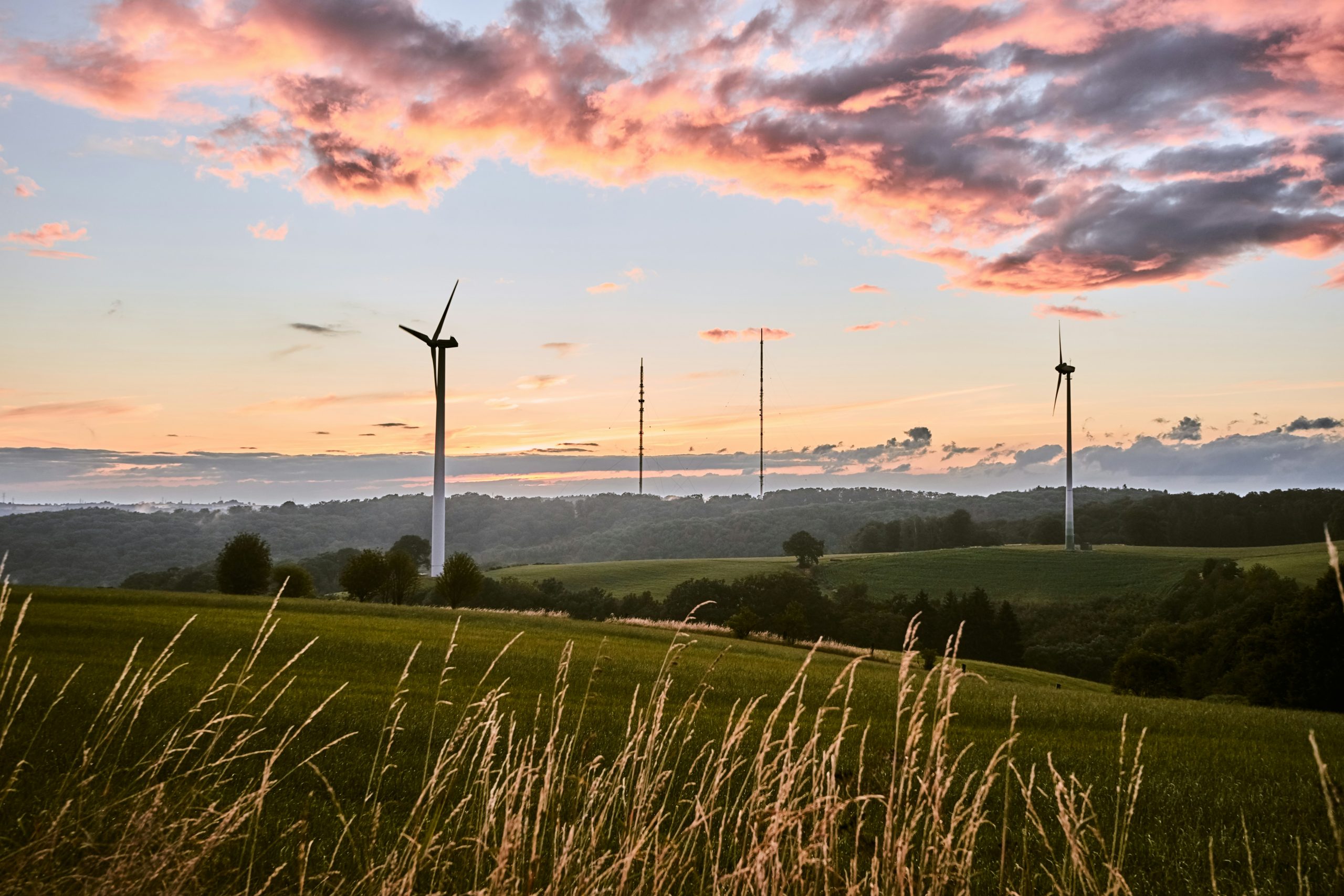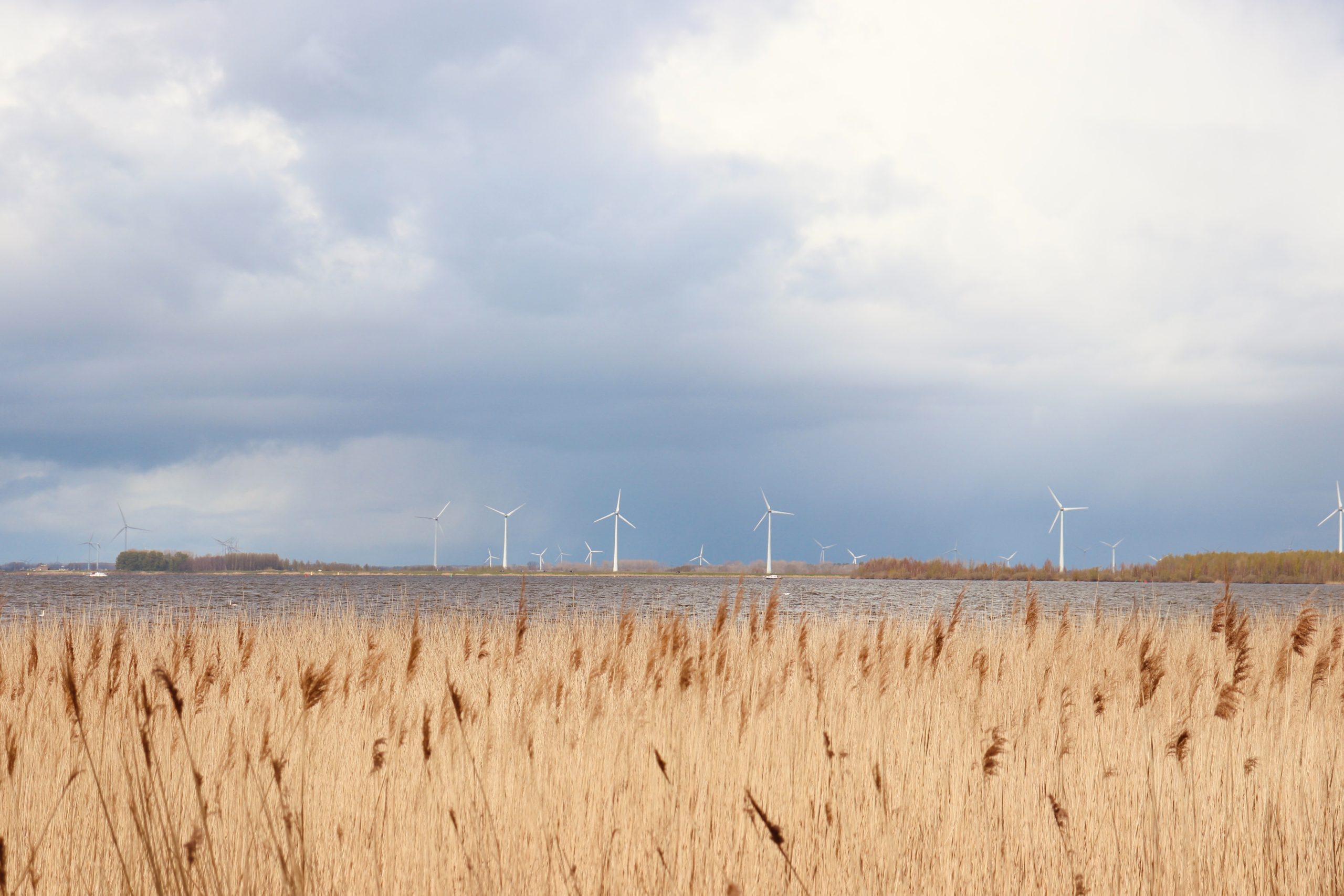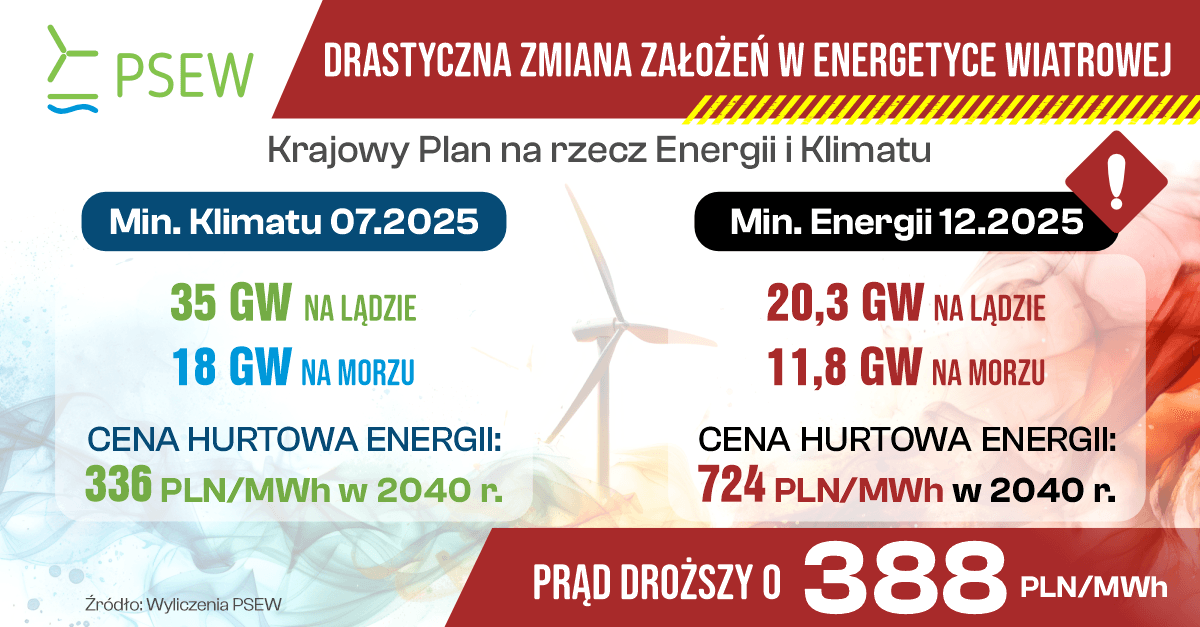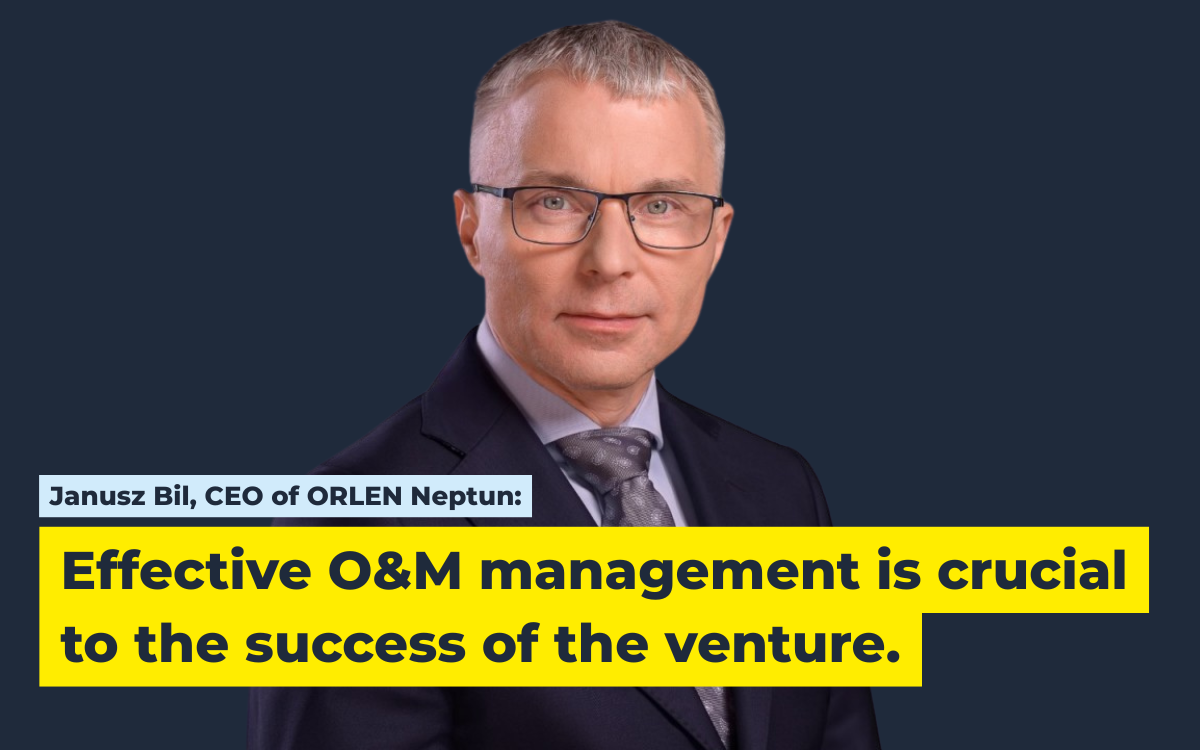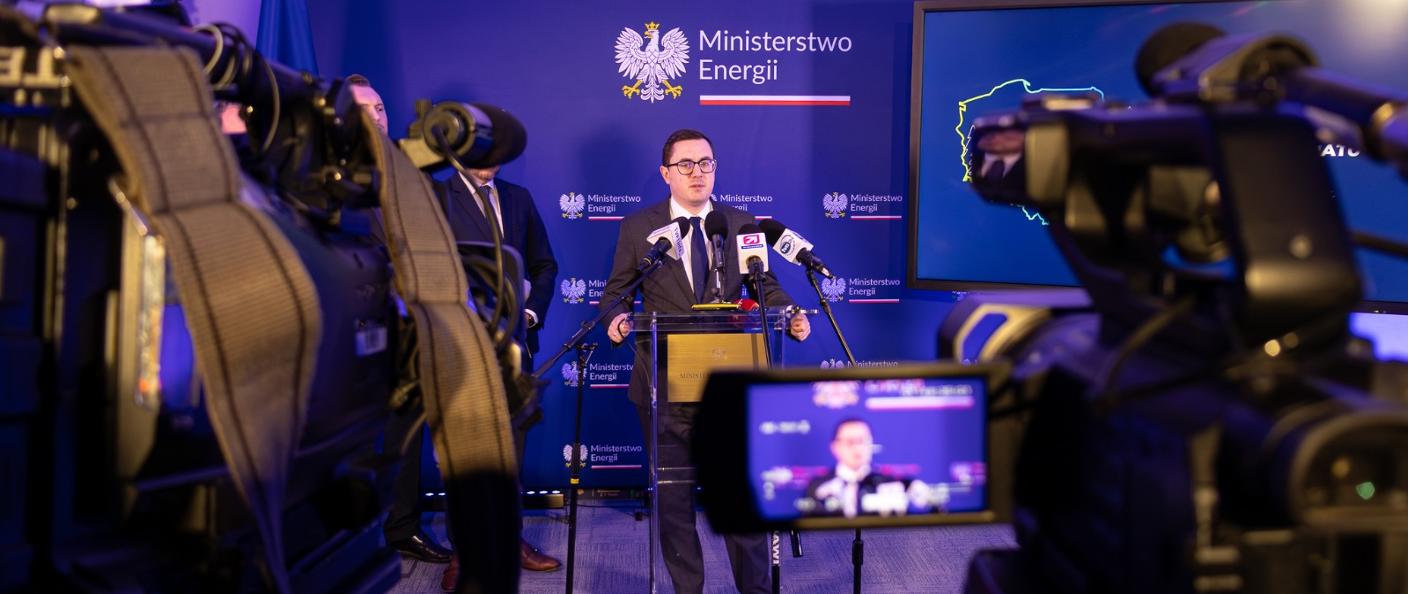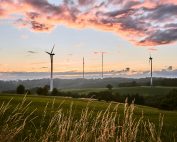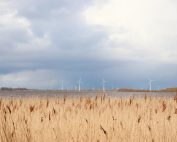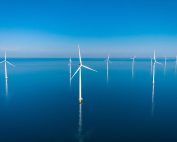The Swedish government announced in October that electricity system operator Svenska Kraftnät would be tasked with developing the offshore transmission grid in connection with plans to develop offshore wind power. Lina Kinning, offshore energy and European policy expert at the Swedish Wind Energy Association (SWEA), in a commentary for BalticWind.EU talks about the challenges.
What will be the biggest challenge for the operator in the development of the transmission grid in relation to the plans for the development of offshore wind farms? Kinning says, that the timeline for the build out of the transmission grid will be a big challenge.
“Many projects are already ahead in planning and Svenska Kraftnät (the TSO) will have to take the already planned projects into account when planning the build out of the grid. Also, necessary resources at Svenska Kraftnät will have to be allocated to the build out, since offshore wind development is not happening in one place only. Hence, the grid needs to be built out in more than one area. Another challenge related to that will be the necessary reinforcements in the land-based electricity grid”, an expert explains.
Transparent and open dialogue is crucial
Lina Kinning indicates that a transparent and open dialogue with the industry will be absolutely crucial to make sure the build out of offshore wind runs properly.
“The grid connections need to be placed where they are of the best value for the system as a whole, as well as useful for the developers. The government should consider building the transmission grid also in the economic zone (now they have the assignment to build it in the Swedish maritime territory only). This is of course also important to create good conditions for hybrids”, she says.
„Also to make the permit processes clear and efficient. As it is now, there are several permit processes that are very long and that are handled in parallel processes. The lack of best practice at the responsible authorities in offshore wind application makes the whole process untransparent and uncertain”.
Kinning adds that to further discuss the benefits of offshore wind; for the energy system, in tackling climate change as well as for mitigating electricity prices increases, it is necessary to foster acceptance.



